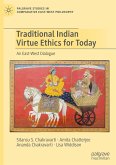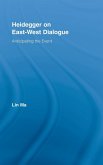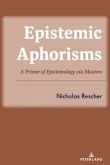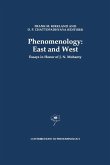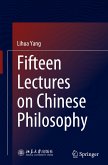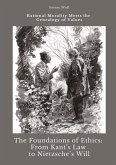The book is a much-expanded version of the Kuang-Yi Liu Lectures in Chinese Philosophy the author delivered in Taiwan in December 2022. The book brings together essays on Chinese philosophy, Western philosophy, and the proposed interaction between them. The purpose is not mainly exegetical or descriptive; the book seeks to expand our philosophical understanding in various directions. Philosophical Essays East and West shows how Chinese thought can help Western analytic philosophy develop further and can even serve as a corrective to certain central aspects of traditional and contemporary Western philosophical thinking. We Western analytic philosophers don't think we have much if anything to learn from Chinese philosophical ideas. But we do, we do, and much of the present book seeks to show how. Studying topics in ethics, philosophy of mind, epistemology, and aesthetics, this book puts Chinese philosophy in conversation with traditional problems in Western analytic philosophy.It also proposes aphorism as an important method in both traditions.
Bitte wählen Sie Ihr Anliegen aus.
Rechnungen
Retourenschein anfordern
Bestellstatus
Storno


